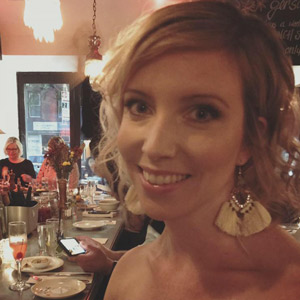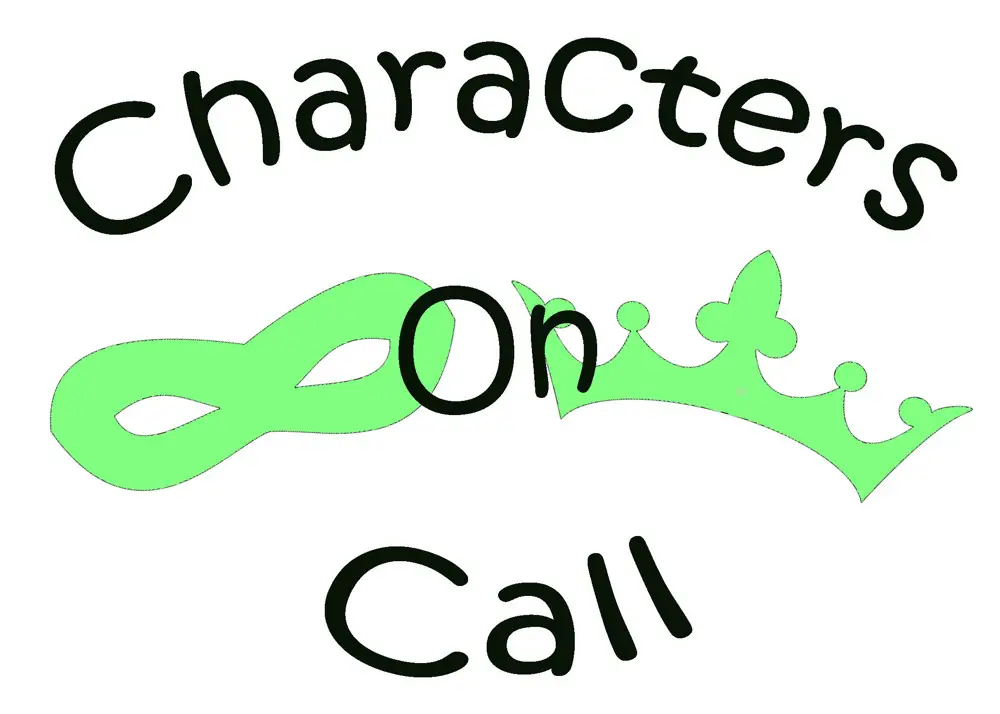
9 Easy Ways to Help Your Kids Learn Empathy Every Day
Raising empathetic kids is important in helping them understand others’ perspectives—and it’s something you can easily work on every day.
Get kid-friendly activities sent to you!
Get the Best Family Activities
Help your neighbor.
Do you have an elderly neighbor who needs someone to feed their cat? Is there someone down the street who could use help shoveling snow? Involve your child and help out in your community.
Volunteer as a family.
Serve food at a shelter together, volunteer in your community, adopt a family at the holidays, or donate non-perishables to a local food bank.
Donate to a cause.
This doesn’t have to be money. Your kids can sort toys, clothes, and books to donate to families in need. Have a discussion and decide where to donate. Who can use the clothes? Who might enjoy the toys? Consider dropping the items off together too.
Brighten someone’s day.
This can be a card your child writes to a teacher, flowers dropped off to a local senior center, or cookies for that elderly neighbor. Your kids can help bake, write, draw, or arrange the flowers. Don’t forget to keep the discussion going. Ask questions like, “Who do you think needs a smile right now? Who can we lift up? Who is having a hard time?”
Introduce a new way of life.
“It’s important to expand on the idea of community all the time, especially in New York. This is empathy,” Scheldt says. When you are trying to understand someone else’s point of view, remind your kids that your reality and theirs can be different but can still coexist. You might not practice the same religion or believe the same things, for example, but you can still be part of the same wonderful community.
Focus on their listening skills.
“A listener who understands and isn’t just listening to respond is an empathetic listener,” Scheldt says. Listen to people share their experiences with you and your kids. Teach and talk about the difference between listening and hearing. Most importantly, make sure your kids see you taking time out to say hello and then really listen to people in the community…the cashier at the store, your mail carrier, or that neighbor down the road. These small interactions model empathy in a big way.






